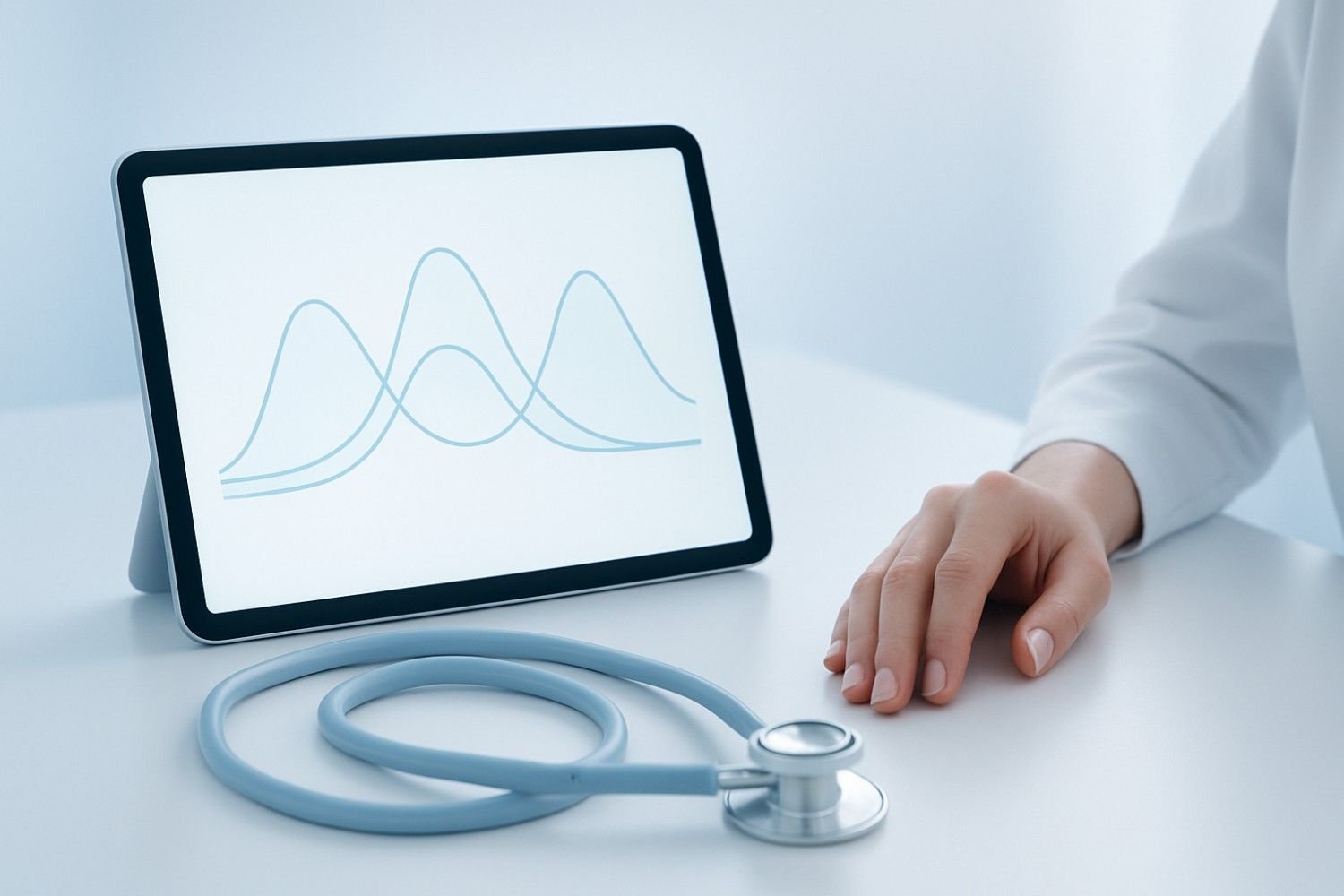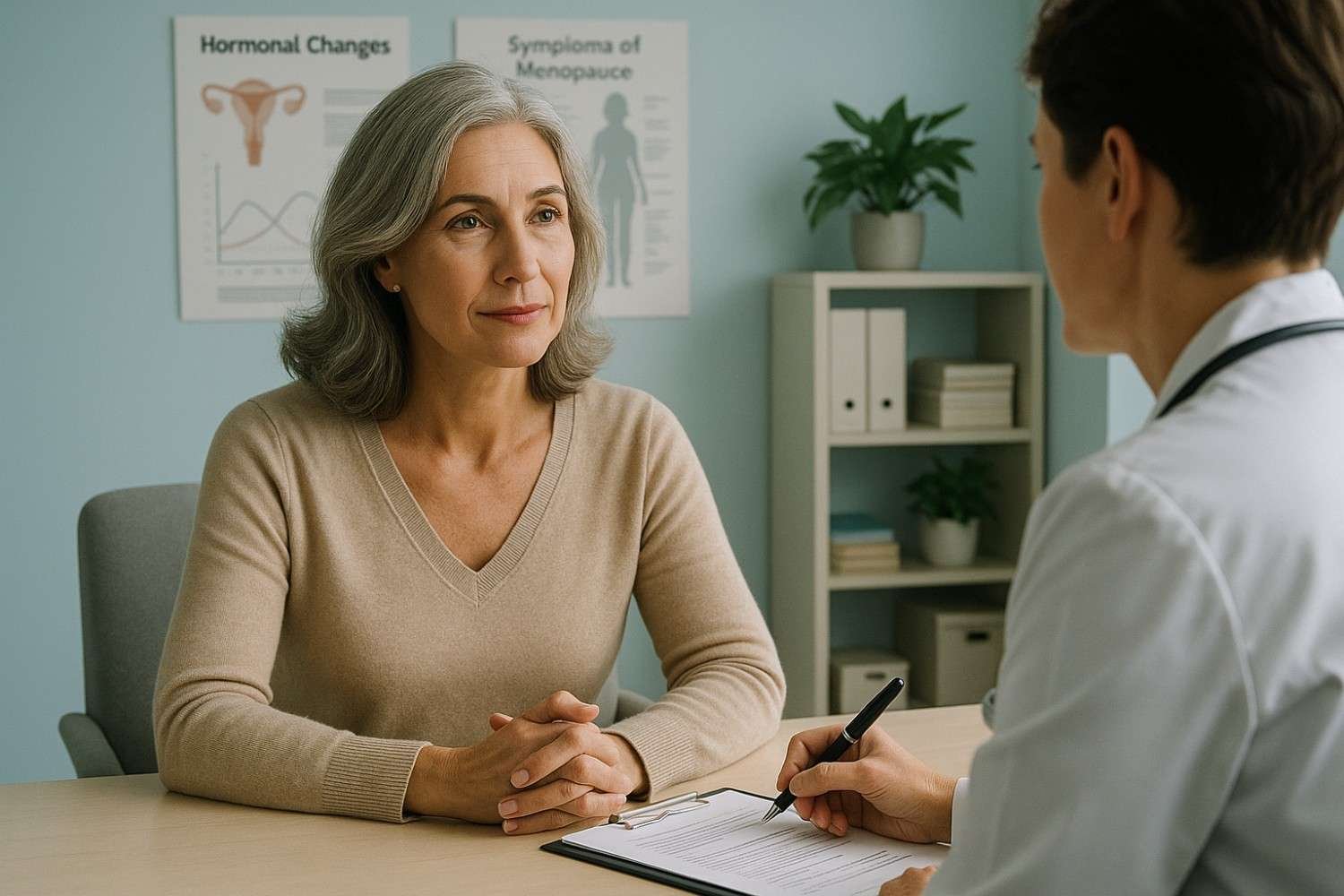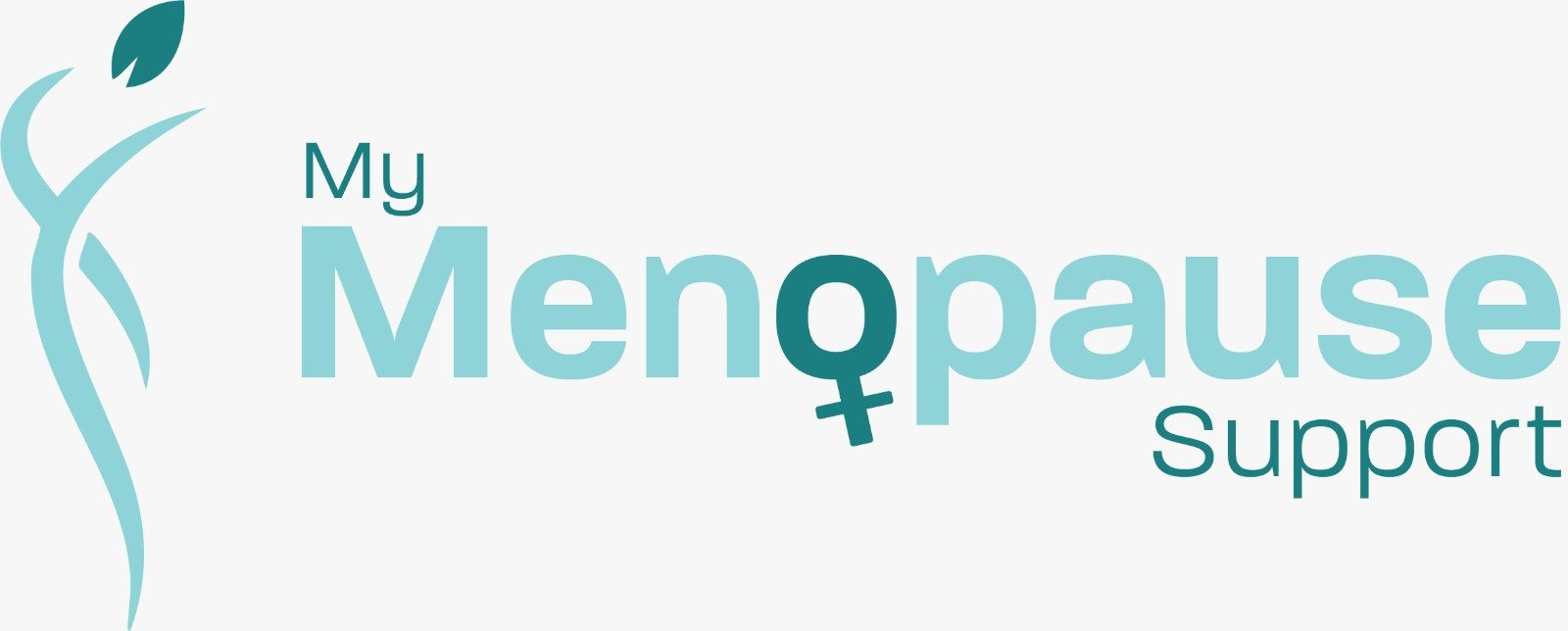Hello, I’m Dr. Sonia Dudeja, a dual-accredited Menopause Specialist. In my clinic, I speak with women every day who feel overwhelmed by menopause symptoms and confused about their treatment options. One question comes up more than any other: “Is Hormone Replacement Therapy right for me?”
The internet is full of conflicting advice, and it’s easy to feel lost. My goal is to cut through the noise and give you clear, evidence-based information so you can feel empowered in your health decisions.
Let’s break down what HRT is, who it’s for, and which symptoms it tackles most effectively.
Hormone Replacement Therapy (HRT) is a medical treatment that replenishes the hormones, primarily oestrogen, that your body stops producing during menopause. It is the most effective treatment available for managing the majority of disruptive menopausal symptoms.
The Core Symptoms HRT Treats Best
While menopause can bring a wide array of changes, HRT is considered the gold-standard treatment for a few key areas where its effectiveness is unmatched.
Hot Flushes and Night Sweats (Vasomotor Symptoms)
This is what HRT is most famous for, and for good reason. Hot flushes and drenching night sweats are caused by the effect of low oestrogen on your brain’s temperature control centre. HRT works directly on this, often providing significant relief within weeks. Most experts agree that by reducing night sweats, HRT dramatically improves sleep, which has a positive knock-on effect on your energy levels, mood, and ability to concentrate during the day.
Vaginal Dryness and Bladder Issues (Genitourinary Syndrome of Menopause)
The tissues in the vagina and bladder are very sensitive to oestrogen. When levels drop, you might experience dryness, itching, discomfort during intimacy, and even recurrent urinary tract infections (UTIs). Systemic HRT (pills, patches, or gels) helps with these symptoms. However, for women whose main issue is vaginal discomfort, a low-dose local vaginal oestrogen (cream, pessary, or ring) can be incredibly effective with minimal absorption into the rest of the body.
Protecting Your Bones from Osteoporosis
This is one of the most important long-term benefits of HRT. Oestrogen is vital for maintaining bone strength. After menopause, bone loss accelerates, increasing your risk of osteoporosis and fractures later in life. According to NHS guidelines, HRT is proven to prevent this bone loss, offering crucial protection.
So, Are You a Good Candidate for HRT?
Deciding if HRT is right for you involves looking at your symptoms, your age, and your overall health profile.
The “Window of Opportunity”: Why Your Age Matters
Modern medical guidance, including from The Menopause Society and the British Menopause Society, is very clear on this. The benefits of HRT are most likely to outweigh the risks for healthy women who start treatment when they are under 60 years old and within 10 years of their last period.
Starting within this timeframe is not only best for symptom relief but is also associated with potential long-term heart health benefits. The risks you may have read about from older studies often involved women who started HRT much later in life, which we now know carries a different risk profile.
Who Typically Benefits Most?
You are likely a strong candidate for HRT if you:
- Are under 45 with menopausal symptoms: For women experiencing premature or early menopause, HRT is strongly recommended. It’s not just about symptoms; it’s about replacing the hormones your body needs to protect your long-term bone, heart, and brain health until at least the average age of menopause (around 51).
- Have symptoms that disrupt your life: If hot flushes, night sweats, mood swings, or poor sleep are affecting your work, relationships, or general well-being, HRT can be transformative.
- Have had a hysterectomy: If you don’t have a womb, you can take oestrogen-only HRT. This is significant because some of the risks associated with HRT are linked to the progestogen component, meaning oestrogen-only therapy has a very favourable safety profile.
Navigating the HRT Conversation with Your Doctor
Your journey with HRT should be a partnership between you and your doctor, based on shared decision-making. To have a productive conversation, be prepared to discuss your symptoms, your personal and family medical history, and your lifestyle.
Why HRT Tablets Are Not Your Only Option
Many women assume HRT means taking a daily pill. However, delivering oestrogen through the skin via a patch, gel, or spray (transdermal HRT) is now the preferred method for many specialists.
Why? Because when you swallow an oestrogen tablet, it’s processed by the liver, which can slightly increase the risk of blood clots. Transdermal HRT bypasses the liver and does not carry this increased risk of blood clots. This makes it a much safer option for many women, especially those with risk factors like a high BMI or migraines.
| HRT Delivery Method | How It Works | Pros | Cons |
| Tablets | Taken orally once a day. | Convenient and simple to use. | Slightly higher risk of blood clots compared to other forms. |
| Patches | Applied to the skin, changed once or twice a week. | No increased risk of blood clots. Steady hormone delivery. | Can cause skin irritation or fall off. |
| Gels & Sprays | Applied to the skin once a day. | No increased risk of blood clots. Allows for flexible dosing. | Requires daily application and drying time. |
What If HRT Isn’t for You?
If you can’t or choose not to take HRT, please know that you don’t have to just “put up with” symptoms. There are effective, evidence-based alternatives available.
- Lifestyle Changes: Simple adjustments to your diet, exercise, and stress management can make a big difference.
- Non-Hormonal Medications: Certain antidepressants (SSRIs/SNRIs) and other medications can be very effective at reducing hot flushes.
- Cognitive Behavioural Therapy (CBT): A study from the British Menopause Society shows that CBT is a proven, effective therapy for managing hot flushes, anxiety, and poor sleep.
The Takeaway: Is HRT Your Next Step?
For the right woman at the right time, HRT is a safe and incredibly effective treatment that can restore your quality of life and protect your future health. The decision is always a personal one, based on your unique health profile and priorities.
If you’re struggling with symptoms, don’t suffer in silence. Speak to a doctor who specialises in menopause to explore your options and create a personalised plan that works for you.
You are not alone. Your story matters.
Come and speak to me — I speak English, Hindi, Urdu, Punjabi, and Marathi. I run regular menopause cafés and often speak at free community events








